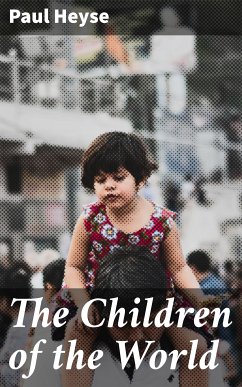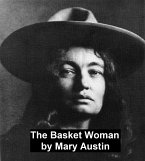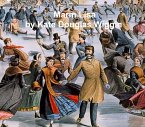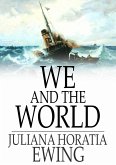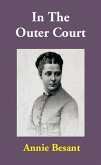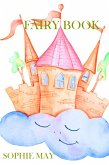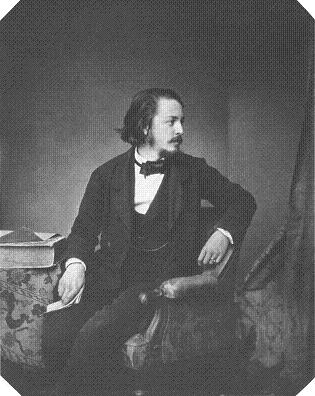In "The Children of the World," Paul Heyse delves into the complexities of childhood and human nature through a series of poignant tales that illuminate the joys, trials, and tribulations experienced by young individuals across diverse cultures. The narrative employs a lyrical prose style, rich with vivid imagery and delicate emotional nuance, allowing readers to immerse themselves in the unique perspectives of youth while reflecting broader societal themes. As a product of the late 19th century, the book can be seen in the context of the burgeoning interest in psychological realism, capturing the essence of innocence amid the shifting social landscapes of the time. Heyse, a pivotal figure in German literature and the 1910 Nobel Prize winner in Literature, profoundly understood the intricacies of human experiences, having spent much of his life observing the intersections of society, art, and childhood. His extensive travels and personal encounters enriched his storytelling, particularly in portraying the universal struggles and aspirations shared by children. Influenced by his diverse literary background, Heyse's ability to convey emotion through succinct storytelling is evident in this thoughtful exploration of youth. "The Children of the World" is an essential read for those interested in understanding the universal nature of childhood across different cultures. It invites readers to reflect on their own experiences while fostering empathy for the distinctive pathways of youth. This timeless work not only resonates with scholars and literary enthusiasts but also serves as a vital reminder of the innocence and complexities inherent in growing up.
Dieser Download kann aus rechtlichen Gründen nur mit Rechnungsadresse in A, B, BG, CY, CZ, D, DK, EW, E, FIN, F, GR, H, IRL, I, LT, L, LR, M, NL, PL, P, R, S, SLO, SK ausgeliefert werden.
Hinweis: Dieser Artikel kann nur an eine deutsche Lieferadresse ausgeliefert werden.

